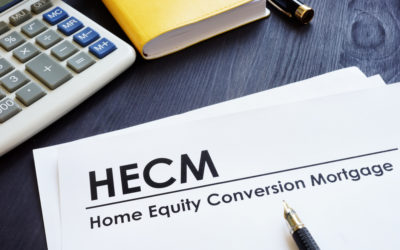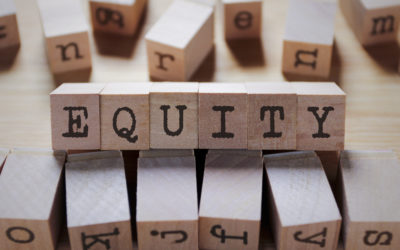When you apply for a reverse mortgage, lenders must conduct a financial assessment to verify you have enough money to cover ongoing expenses, such as property taxes and homeowners insurance, until the loan matures. Lenders will ask you to provide additional documentation with your application, including tax returns and bank account statements, and look at your income to determine if you need to open a Life Expectancy Set-Aside (LESA) account along with your reverse mortgage.
A financial assessment is an important piece of the reverse mortgage application process that can help you obtain your loan faster or delay the process altogether. It’s generally a good idea to know what it is, how to pass the assessment, and what happens if you don’t pass.
Key takeaways
- A reverse mortgage financial assessment is an evaluation of your financial history, which includes past credit reports, previous employment, debt, and income. This is done during the loan application process.
- If you don’t pass the reverse mortgage financial assessment, the lender may require you to open a LESA account.
- The goal of a reverse mortgage financial assessment is to ensure borrowers have the financial capacity to pay their property taxes, homeowners insurance, and other fees to prevent foreclosure.
What is a reverse mortgage financial assessment?
A reverse mortgage financial assessment is an evaluation of your financial history. This allows lenders to assess your finances during the reverse mortgage process. During the financial assessment, the lender will look at your credit and employment history, debts, and sources of income, such as investments, pensions, and Social Security payments.
How does a financial assessment work?
Unlike traditional mortgages, reverse mortgage loans don’t require a certain credit score or income. Instead, your approval is dependent on a few factors; this includes being 62 or older and the appraised value of your home. This is just one of the benefits of reverse mortgages. Lenders still need a way to verify your ability to pay property taxes and homeowners insurance, which are both required to maintain good standing in your reverse mortgage.
Related: Take a look at our reverse mortgage guidelines post to help you find out more about the requirements attached to a reverse mortgage.
Lenders will conduct a financial assessment, and if there are discrepancies that can make it challenging for you to pay, the lender may require you to open a LESA account. This is a type of escrow account that’s funded by the money you receive from your reverse mortgage. How much money you have to put into the LESA account will depend on the results of your financial assessment.
If there are no issues with your reverse mortgage financial assessment, you can proceed to receiving your loan without additional requirements.
Why is a reverse mortgage financial assessment necessary?
The reverse mortgage financial assessment was introduced by the U.S. Department of Housing and Development due to borrowers losing their homes as a result of not being able to afford their property taxes and homeowners insurance. It’s a necessary step in the reverse mortgage process, taken to protect borrowers from a potentially risky investment as well as the government, which insures Home Equity Conversion Mortgage (HECM) loans.

 1-866-840-0279
1-866-840-0279


